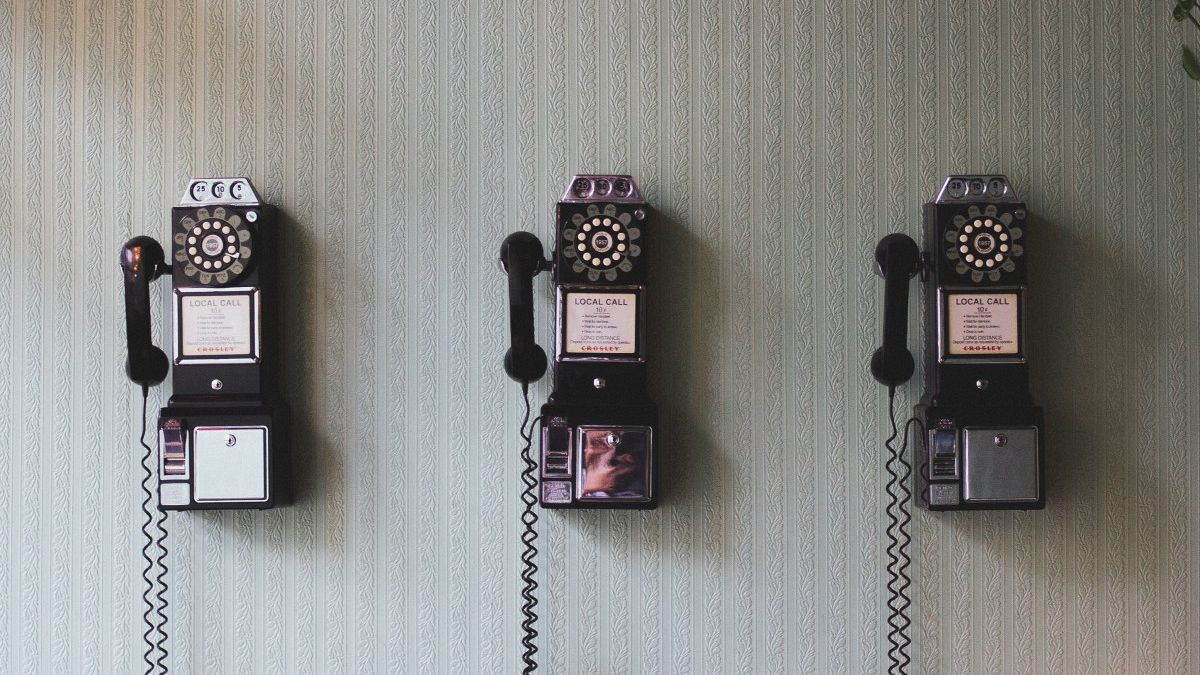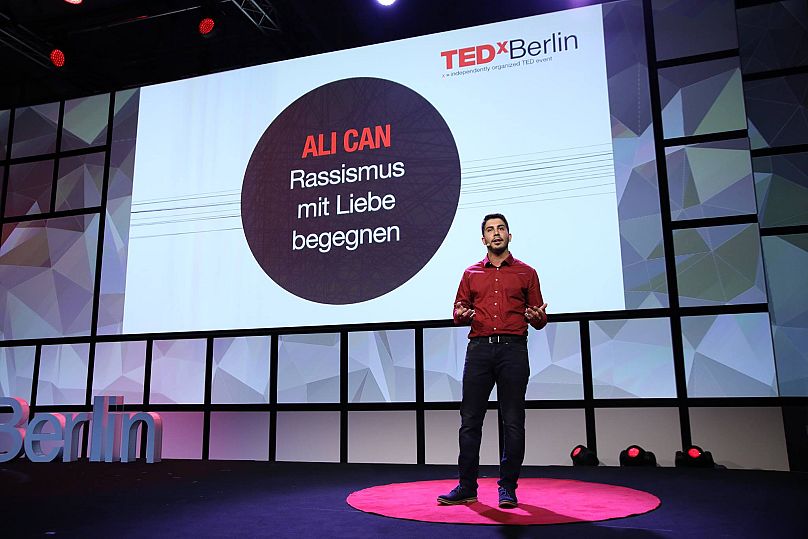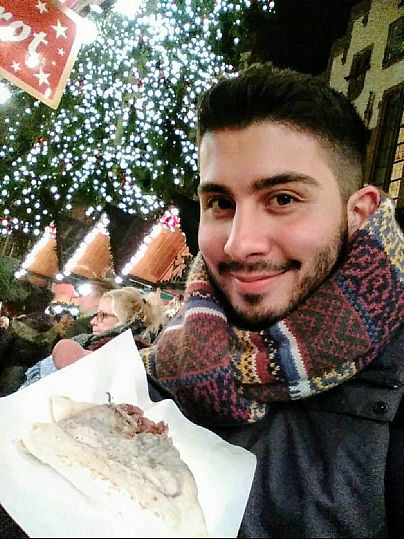Skeptical of multi-culturalism in Germany? Feel let down by mainstream politics on the issue of immigrants? Ali Can, founder of the ‘concerned citizens hotline’, wants to talk.
Ali Can, founder of the ‘concerned citizens’ hotline, wants to talk. If you are in Germany and feel the anti-Muslim and anti-immigrant rhetoric of right-wing populist movements speaks to you, he is at the end of a phone line.
Can describes himself as an ‘exemplary migrant’. A Kurdish Alawite and living in the town of Essen, he came to Germany as a child in 1995 fleeing oppression in southeastern Turkey. His aim is to foster an open exchange in a country increasingly divided on the issue of immigration, and believes dismissing voters who feel uncomfortable about the arrival of hundreds of thousands of migrants in recent years only adds fuel to the fire. His motto: "let’s talk to each other, not about each other."
“I don’t want to leave this up to radicals. Right-wing populists will only use the fears and concerns people have to try to instrumentalise them,” said Can.
During the so-called migrant crisis in 2015 and 2016 “you could hear politicians publicly dismissing concerned citizens across the board,” he said. He thinks little of “sweeping generalisations” that often described these people as right-wing. “I noticed, the way we were engaging with them was totally wrong.”
During the German elections last autumn, which saw a huge surge in votes for the far-right populist party Alternative für Deutschland (AfD), Can said many of the callers he spoke to simply felt no other party was taking them seriously. “More and more people are calling saying they would rather not vote for the AfD,” he said. But they say they often do not know what else they can do.
Can set up the free hotline in August 2016. Today, callers are sometimes even transferred by local authorities. He and two other volunteers take on average five calls a week. It might not sound like a lot, he said, “but one of these calls lasts at least 30 minutes to an hour”. The entire point of the call is to foster exchange and discussions, and that takes time.
His website explicitly states that it is not the aim to persuade callers of anything, and that each conversation must be based on mutual respect. Conversations typically veer to topics like the jihadist threat, and the perception that Germany is overrun with an Islamic culture.
"Most [callers] want to persuade us or me, and say things like, 'we must close the borders', or 'we need to have more tradition again', and so on. But I try to quickly establish that I'm not concerned with convincing them of anything. I will say from the start, this isn't about my opinion. I am concerned with having an exchange and that we give each other new impulses," he explained. Can and his colleagues then discuss the issues with facts and information, that they say some callers may not be aware of.
While the hotline volunteers are unapologetically supportive of a multicultural society — and it is certainly a win if callers take their arguments on board— Can said they too are not immune to good arguments presented from the other side.
“Did you know 80% of asylum seekers do not have a valid passport?” This is something he learned from one caller, he said. After checking it out online, he found newspaper reports backing this up. “That also made me think,” Can said. Although there can be a range of understandable reasons that asylum seekers do not hold valid documents, such as losing them during their journey or having them taken off them so they cannot flee, Can agrees it is something that must be addressed. “I think, yes they’re right. They want to live in security. I could also be a victim of terror or terrorists. This was one occasion that sensitized me to this thought.”
Soon the hotline will have a new home as Can is working on opening a ‘Centre for Respect’ in his hometown this summer. It will host members from different communities, taking the idea that drove the hotline to the next level. The building will have eight rooms; a prayer room for Muslims, one for an LGBT group, next to it a room for Jews, and another for Buddhists, and then there is a room for those skeptical of multiculturalism, aka “concerned citizens”. Although each group will have its own space they will inevitably bump into each other in the building itself, and who knows where this interaction might lead.


